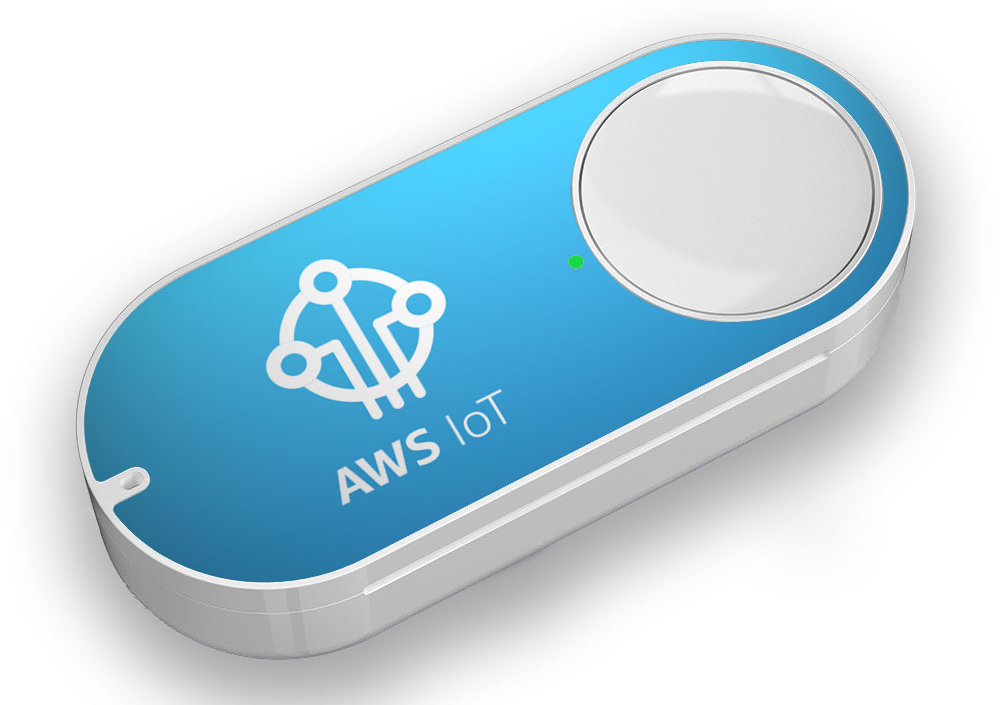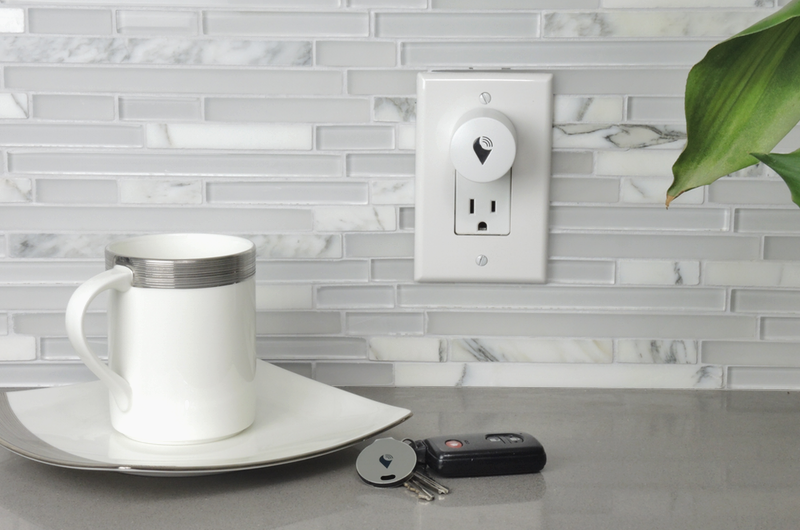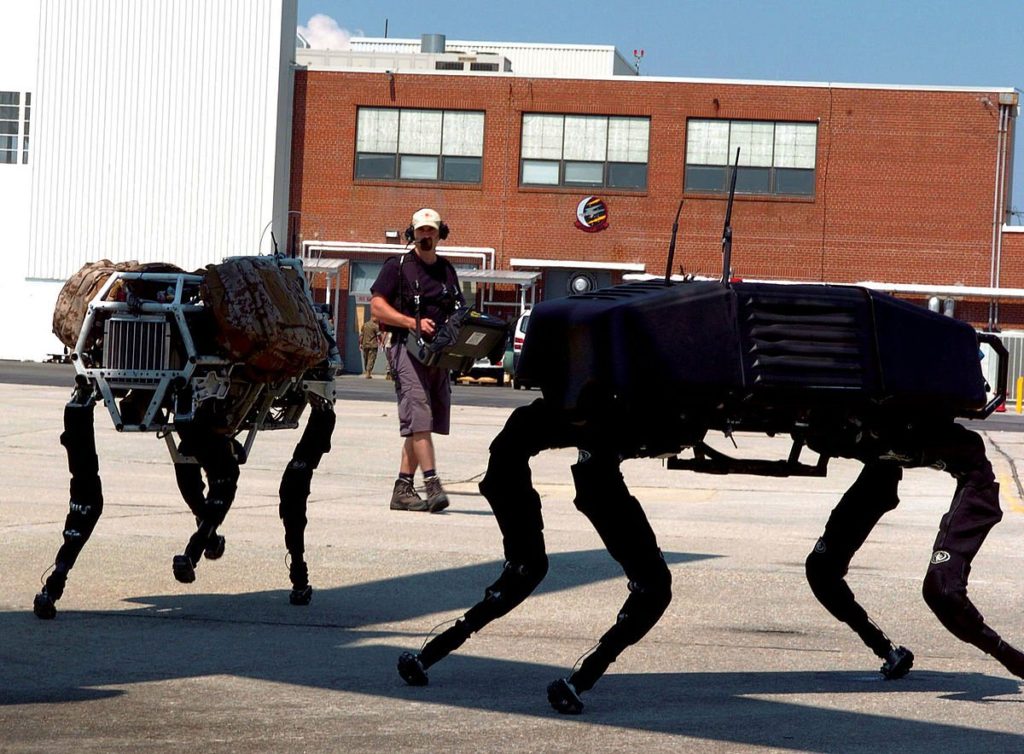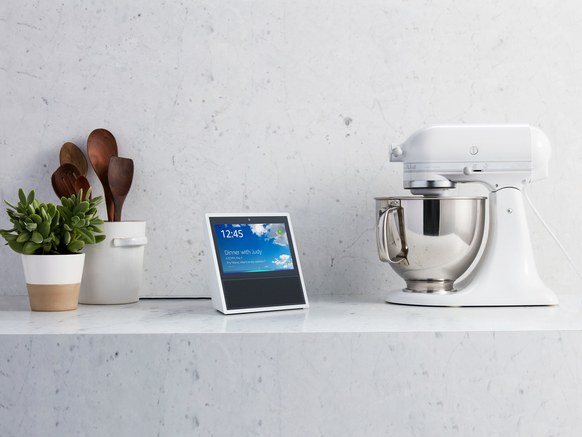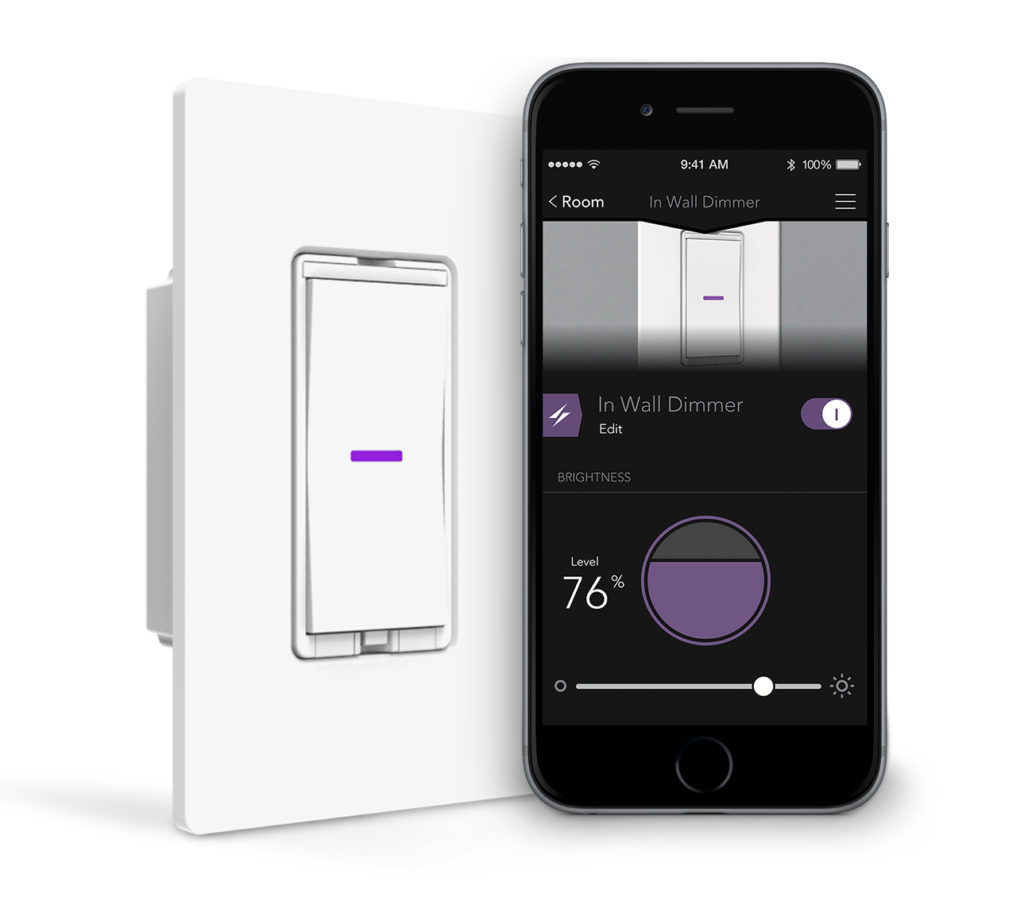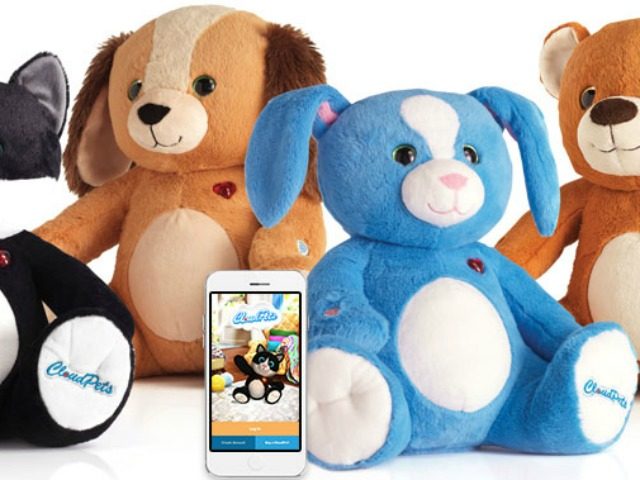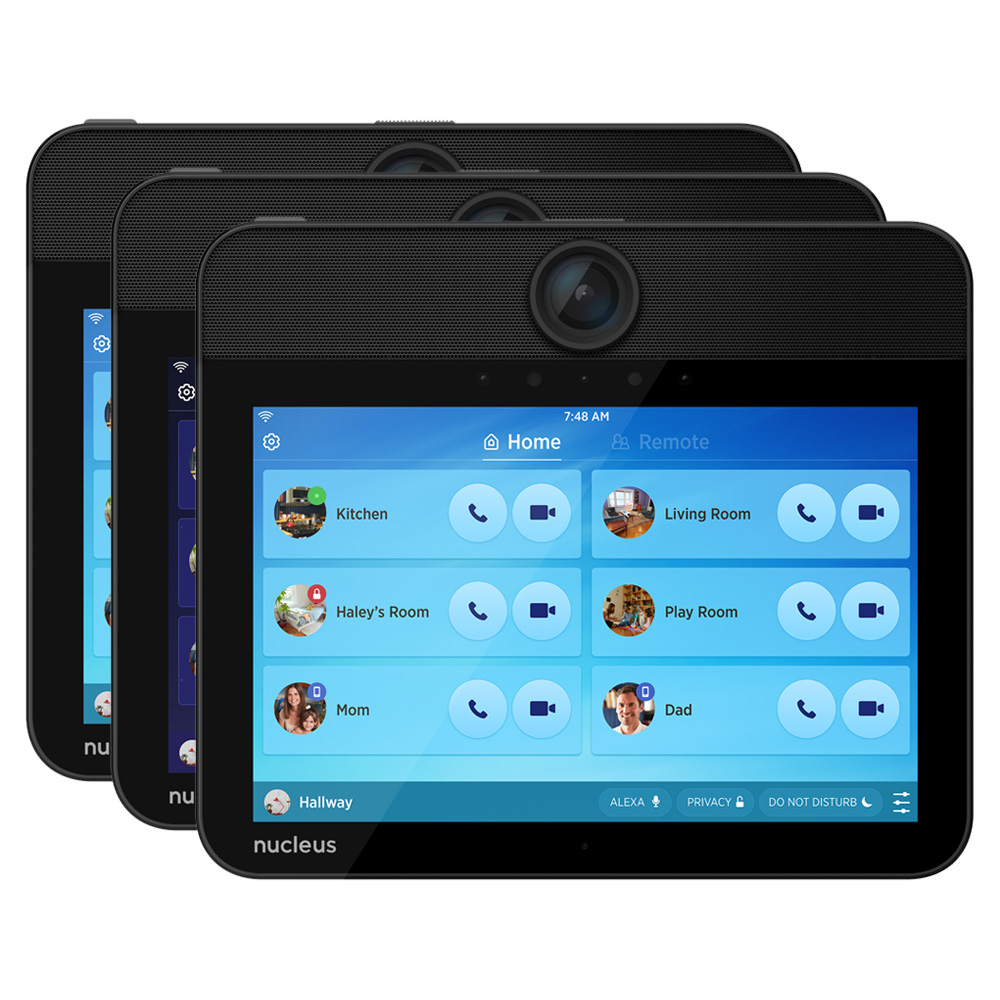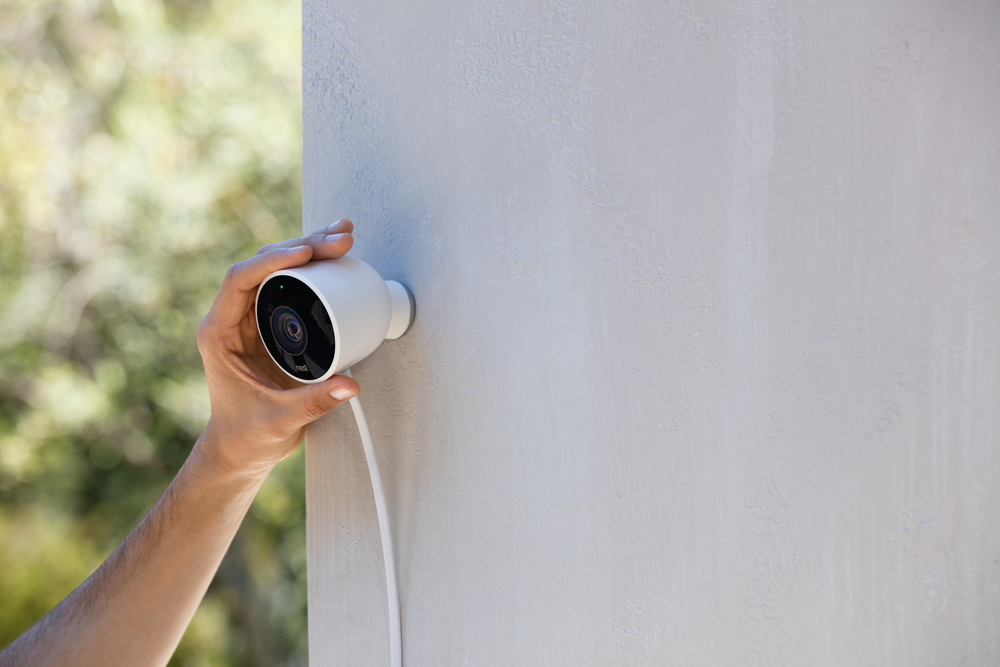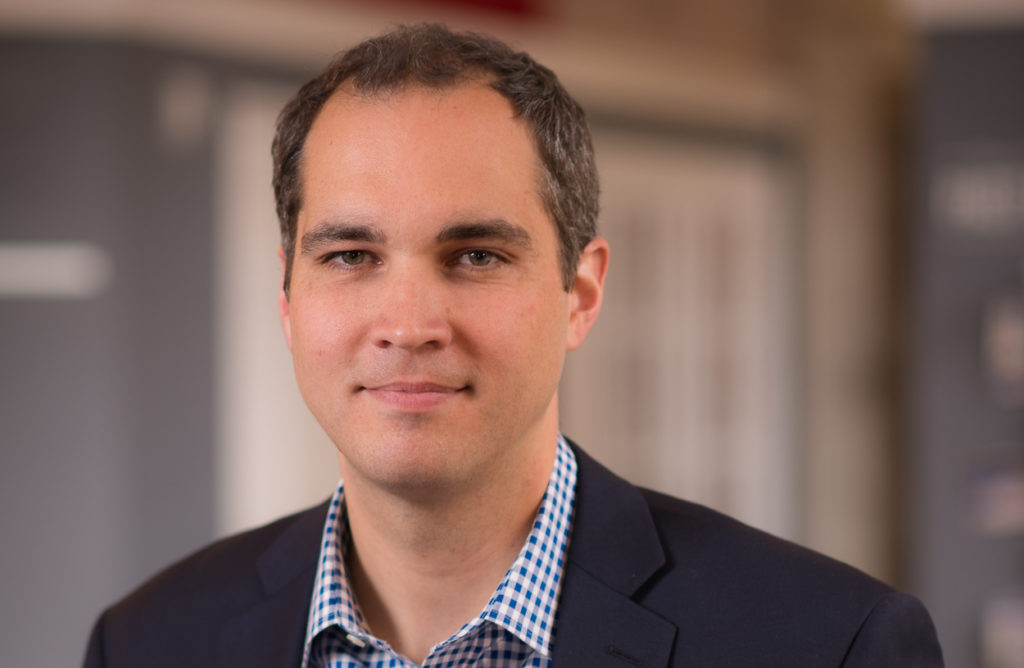Once again it’s time for the holiday episode of the Internet of Things Podcast, where Kevin and I gather weeks ahead of the show’s air date to predict what we think will happen next year. We kick it off with our disappointments from 2017, such as very limited (at best) presence detection in the home and a lack of flexible cellular plans for IoT devices. From there we shared our predictions for 2018 such as Kevin’s expectation that local machine learning will finally offer contextual smarts in the home and my prediction that IT shops will reassess how they value IoT deployments. We end with our big questions for the industry wondering what havoc GDPR regulations will wreck and if we’ll get a new security model that works for IoT.
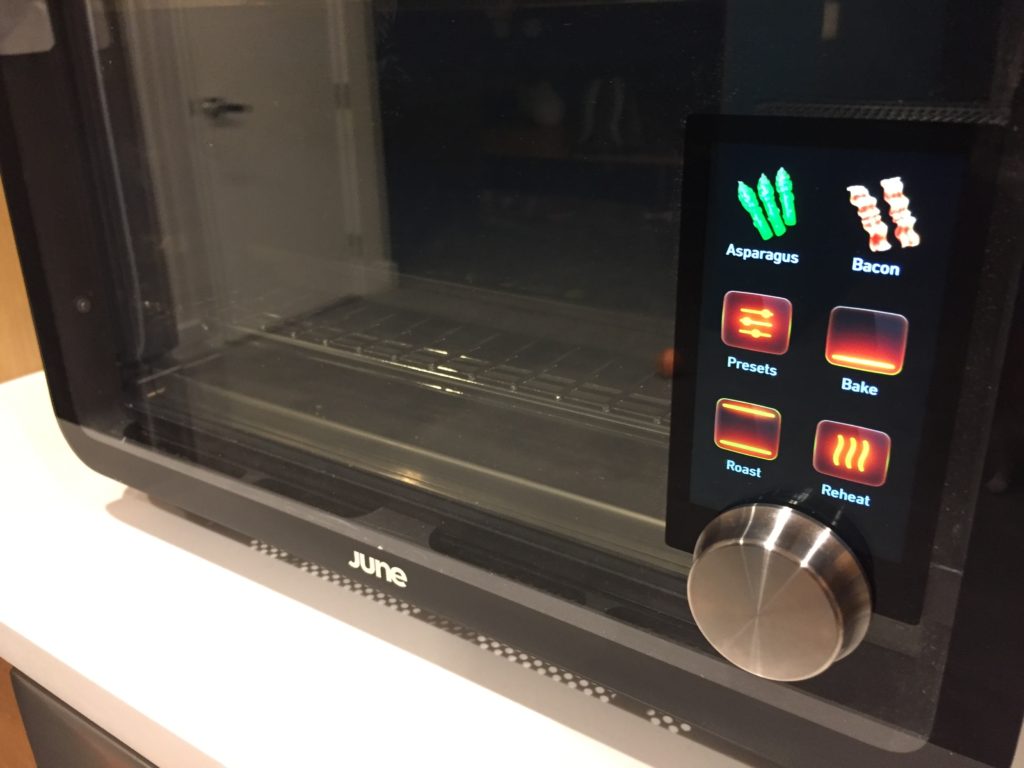
Just like last year and the year before, the guest portion of the show features my family, sharing what they liked and didn’t like about our smart home this year. Much of what we use has become so ingrained in our lives we don’t think of it anymore, but there are still the usual challenges and irritations that show how far the smart home needs to come. Enjoy the show, and I hope you have a restful end of the year.
One more note: I used a different microphone to record this show. I will not be using it again.
Hosts: Kevin Tofel and Stacey Higginbotham
Guests: Andrew and Anna Allemann
Sponsors: ADT and FSG
- Whither beacons and general presence?
- New homes and apartments get smarter!
- IT shops get smarter about IoT while carrier questions remain
- My family still loves voice
- We gave up on adding new devices to the home this year
Podcast: Play in new window | Download | Embed
Subscribe: RSS

